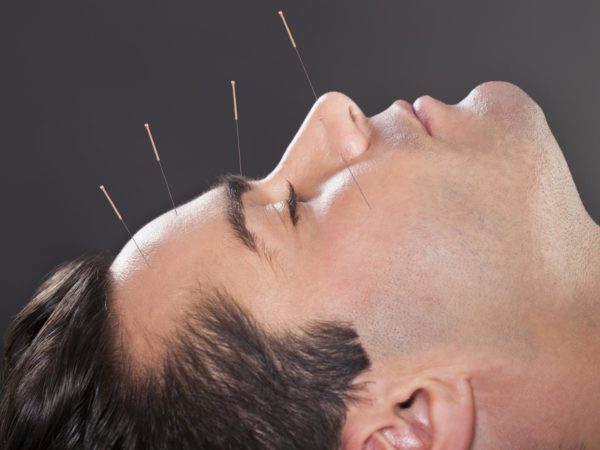Beating Bell's Palsy?
What do you recommend for Bell’s palsy? The left side of my boyfriend’s face has been affected due to an ear infection that has been treated.
Andrew Weil, M.D. | February 12, 2009

Bell’s palsy is temporary facial paralysis caused by inflammation of the facial nerve. It often develops following a viral illness. This trigger can be as minor as a cold sore caused by the herpes simplex virus (HSV) or the flu, or a serious illness such as viral meningitis. Bell’s palsy can also be associated with headache, high blood pressure, diabetes, chronic middle ear infection, and other disorders. Inflammation causes swelling that compresses the facial nerve against the bony canal through which it passes, impairing its control of muscles in the face. Symptoms can include twitching, weakness, or paralysis usually on one side of the face, drooping of the eyelid and the corner of the mouth, drooling, dry eye or mouth, impairment of taste, and excessive tearing in one eye. Bell’s palsy affects approximately 40,000 persons in the United States every year.
The “palsy” (partial paralysis) can be disfiguring and uncomfortable. The main discomfort comes from inability to close the eye on the affected side. It’s important to keep that eye moist with artificial tears or to wear a protective eye patch.
Symptoms usually subside without treatment within two weeks, but can last for up to six months. In approximately 50 percent of all cases, patients recover quickly; another 35 percent of patients recover within a year. Slow recovery reflects the fact that the facial nerve regenerates at a rate of 1-2 millimeters per day.
Conventional treatment for Bell’s palsy may include steroids and, sometimes, an antiviral drug such as acyclovir combined with an anti-inflammatory drug. Aspirin, acetaminophen, or ibuprofen can help relieve pain.
Other treatments include physical therapy to stimulate the facial nerve and help maintain muscle tone and facial massage and exercises to prevent the muscles from shrinking or shortening. Relaxation techniques, acupuncture, electrical stimulation, biofeedback training, and vitamin therapy (including vitamin B12, B6, and zinc, which may help nerve re-growth) can also help.
Andrew Weil, M.D.









